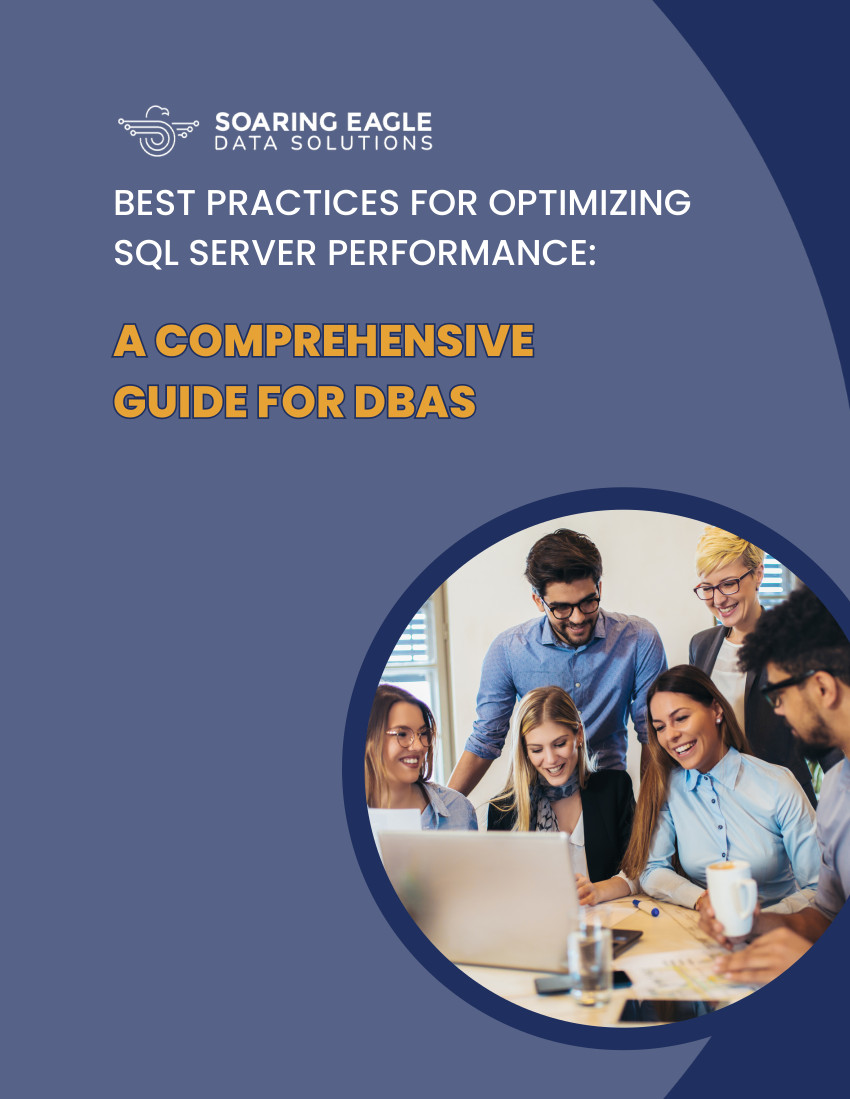
It doesn’t matter how good we are at what we do, or how much technology advances on a daily basis. Even the most impressive systems can experience glitches. Or even worse: a natural disaster, a system failure, a crashed server, or a Ransomeware/WannaCry clown wanting to extort money from your company. A data recovery strategy is essential for the longevity of the enterprise.
When this happens, you want to make sure you have a previously established process designed to mitigate the amount of damage. Some of the ways to ensure you're well prepared are the following:
1. Build and Test Your Plan
The same way you don’t wait for a storm to arrive to try to rush out and gather emergency supplies, you shouldn’t wait until you have a heart-stopping scare to think about your data recovery options. Have your IT team design a plan, come up with all possible hypothetical contingencies, and test them out. This is the only way to know whether the plan will work and about any unforeseen vulnerabilities.
2. Clustering
If a server fails, you still have alternative ways to access your data and avoid service interruption. You’ll also get a more efficient performance since all projects will be distributed among the servers. Maintenance will also be easier, and it provides for scalability.
3. Block-Level Backup
Block Level backups provide a faster way of backing up your database since it bypasses file level storage. Data transportation is also more reliable; and because your data is backed up faster, you can conduct more frequent back-ups.
4. Microsoft’s Always On Availability Groups
Some of the benefits are the availability of data on multiple physical sites, the ability to automatically failover those multiple sites, and its proven technology.
5. Scanning Your Network
Both internal and external vulnerability scans are necessary to detect potential threats. This is vital for your database security. New threats emerge almost on a daily basis, and what worked last year won’t necessarily keep you protected now.
Soaring Eagle Consulting can provide mentoring, monitor performance, and optimize your data recovery efforts. Contact us to see what we can do for you.



